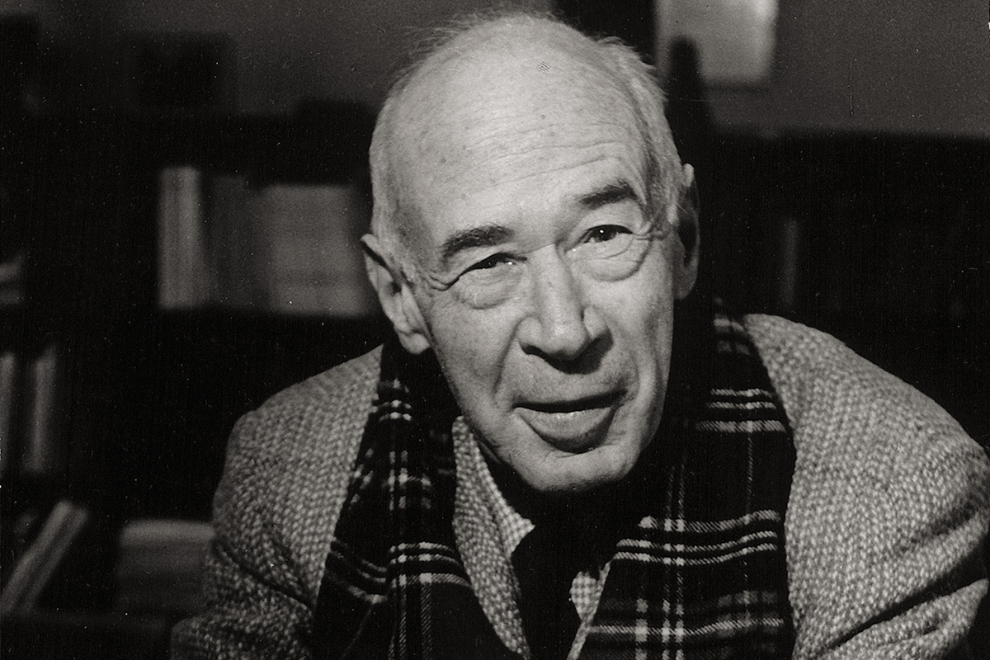
Henry Miller: The Literary Rebel Who Redefined Modern Autobiographical Fiction
Introduction
Henry Miller was one of the most controversial and influential American writers of the 20th century. Best known for his provocative and introspective novels, Miller broke literary boundaries with his autobiographical style, philosophical themes, and candid depictions of sexuality. His works, once banned in the United States, are now hailed as literary masterpieces that shaped modern writing.
Early Life and Background
Henry Valentine Miller was born on December 26, 1891, in New York City. He was raised in a working-class German-American household in Brooklyn. After attending City College of New York for only one semester, he dropped out and worked various jobs before fully embracing a writing career.
Miller didn’t publish his first major work until his 40s, but once he did, he quickly became a voice of rebellion and intellectual honesty in literature.
Major Works and Literary Style
Henry Miller’s writing combined memoir, fiction, philosophy, and social criticism, making his style highly original and deeply personal. His most famous works were initially banned for their explicit content, but later recognized for their literary merit and boldness.
Key Works:
- Tropic of Cancer (1934) – Banned in the U.S. until 1961, now considered a classic of modern literature
- Tropic of Capricorn (1939) – Explores his youth and inner conflicts
- Black Spring (1936) – A mix of memories and fictional vignettes
- The Rosy Crucifixion Trilogy: Sexus, Plexus, Nexus – A detailed account of his personal and artistic development
- The Air-Conditioned Nightmare (1945) – A critique of American culture and values
Controversy and Censorship
Miller’s works were widely censored for decades due to their graphic nature. His writing challenged the conservative norms of the early 20th century. The 1961 publication of Tropic of Cancer in the U.S. led to a landmark Supreme Court ruling that helped redefine freedom of expression in American literature.
Philosophy and Influence
Henry Miller believed in living authentically, rejecting materialism, and embracing human experience in its rawest form. His unapologetic attitude and literary experimentation influenced writers like Jack Kerouac, Allen Ginsberg, Anaïs Nin, and even modern authors like Charles Bukowski.
Inspirational Quotes by Henry Miller
- “The aim of life is to live, and to live means to be aware, joyously, drunkenly, serenely, divinely aware.”
- “Develop an interest in life as you see it; the people, things, literature, music — the world is so rich.”
- “One’s destination is never a place but a new way of seeing things.”
- “In this age, which believes that there is a short cut to everything, the greatest lesson to be learned is that the most difficult way is, in the long run, the easiest.”
- “Chaos is the score upon which reality is written.”
- “If we are always arriving and departing, it is also true that we are eternally anchored. One’s destination is never a place, but a new way of looking at things.”
- “True strength lies in submission which permits one to dedicate his life, through devotion, to something beyond himself.”
- “The real leader has no need to lead — he is content to point the way.”
- “All growth is a leap in the dark, a spontaneous unpremeditated act without the benefit of experience.”
- “The moment one gives close attention to anything, it becomes a mysterious, awesome, indescribably magnificent world in itself.”
Conclusion
Henry Miller remains a literary icon of rebellion, truth, and freedom. His raw, honest, and fearless approach to life and literature opened the door for future generations of writers to explore the human condition without censorship or apology. From his banned books to his brilliant reflections on life, Miller’s legacy is that of a fearless voice for authenticity.
